
Iguana, credit Wikipedia
Depluribus Unum
by Ilana Mercer
In 2016, Hillary Clinton called Trump supporters Deplorables. The year 2020 finds Jon Meacham likening us to lizards. Meacham, one of the left’s favorite historians, mused that white America has retreated into unthinking limbic mode. A patrician from Texas, an oil man, responded politely, on Martha MacCallum’s Fox News show: “If putting food on my family’s table and worrying about my employees makes me a lizard brain, then call me iguana.”
Iguanas-cum-deplorables are with Trump, and he with them. And he, President Donald J. Trump, is leaving everything he’s got on the battlefield. Unlike his rival Joe Biden, Trump is not merely showing up, standing prone, looking out nervously upon a few oddly encircled, masked supporters. Oh, no! Be it in Bullhead City or Goodyear, Arizona, or Circleville, Ohio, or Lansing, Michigan—Trump has been turning in the kind of performances that come from the heart, cocking a snook at the media establishment, while throwing himself into each and every rally with as much joy, exuberance and optimism as went into the rally before and the one to follow.
Here is a president who loves the thousands upon thousands of constituents who cling to him, to their guns and their God. He draws his strength from them, and engages in repartee with them. “America will … be the first … to land an astronaut on Mars … maybe we will make that a woman,” taunted POTUS, in Arizona. “Make it Nancy Pelosi,” came a retort from the crowd. Trump thought this was peaches: “Who said that? That’s pretty good. Stand up, please. Look at this guy. That’s pretty good,” came the president’s happy-warrior reply. Continue reading

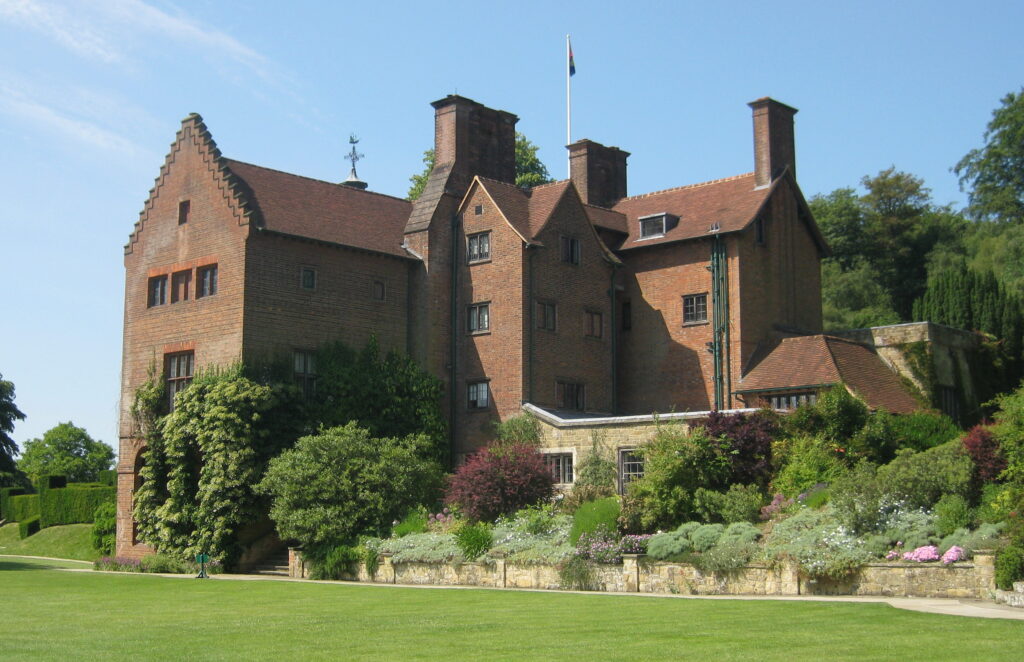

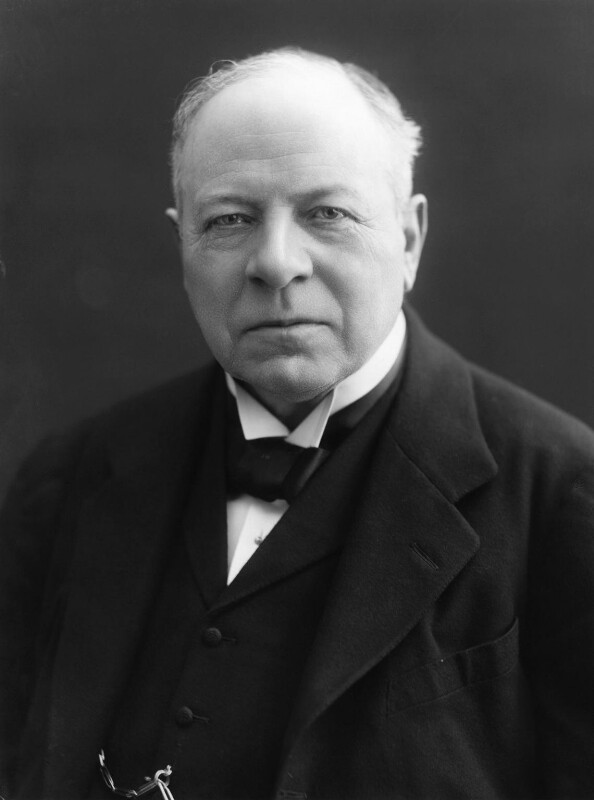

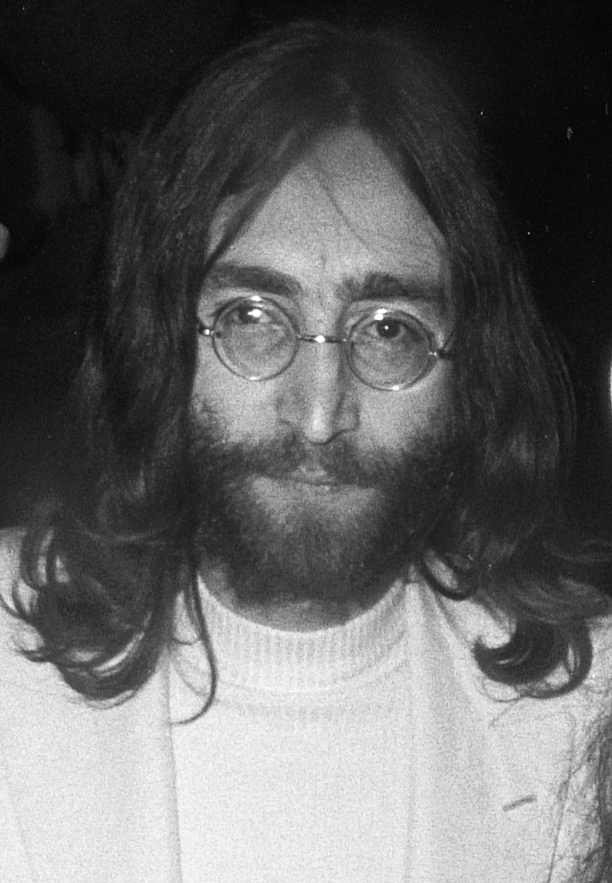
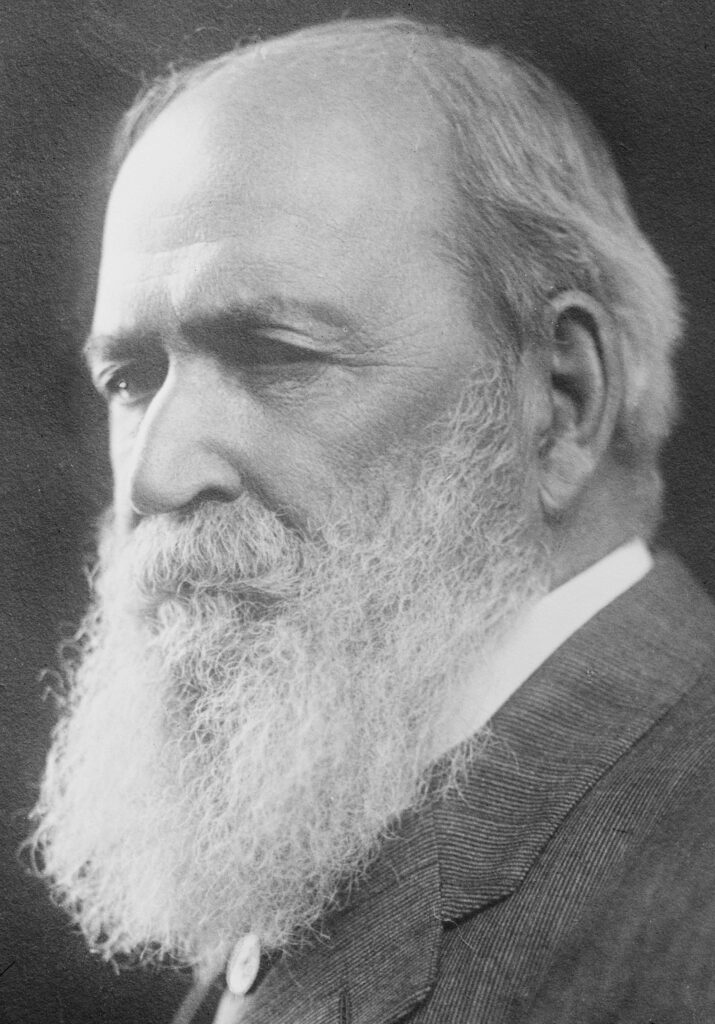
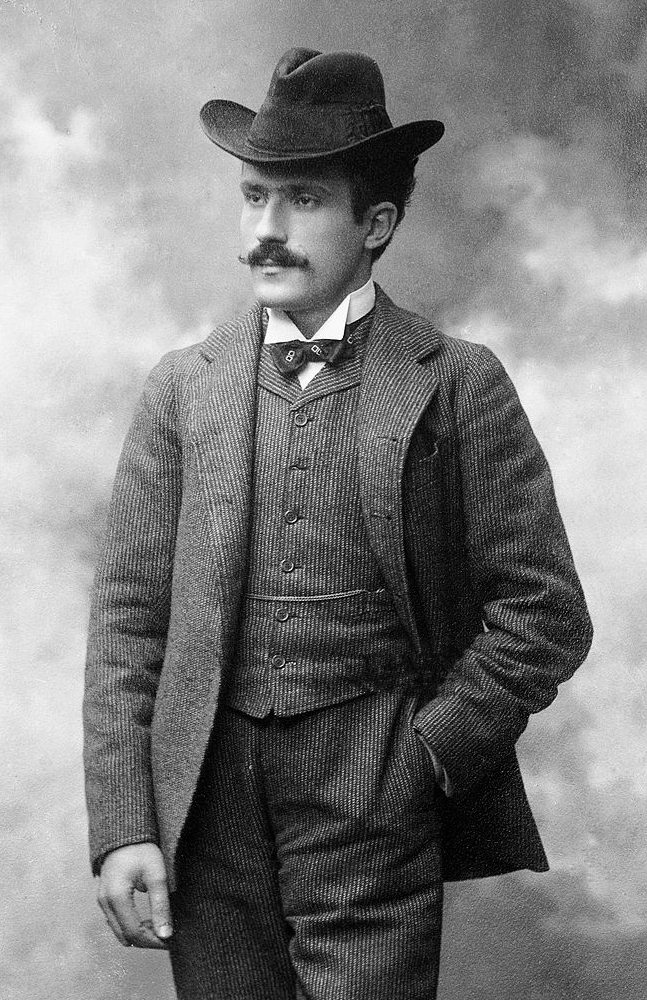
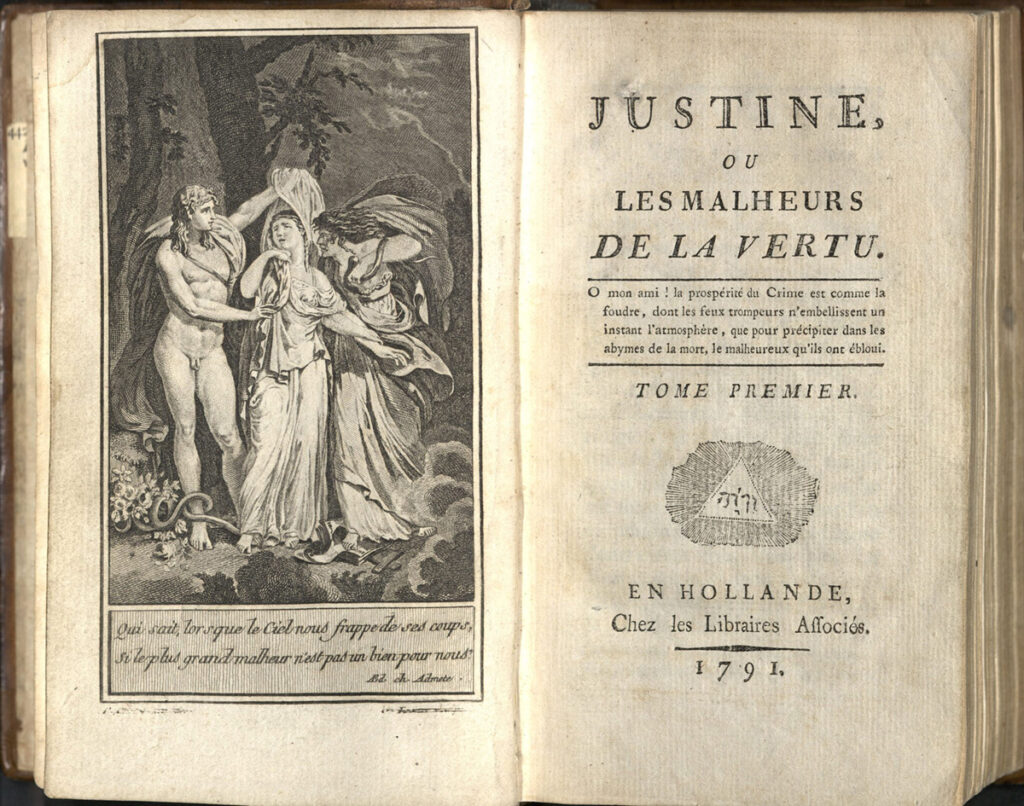










Victory in the West, 1940: Accident or Design?
Traversée des Ardennes, credit Wikipedia
Victory in the West, 1940:
Accident or Design?
BY MILITARY HISTORIAN DR FRANK ELLIS
And when we come to examine their actions and lives [Moses, Cyrus, Romulus, Theseus, and others like them], they do not seem to have had from fortune anything other than opportunity. Fortune, as it were, provided the matter but they gave it its form; without opportunity their prowess would have been extinguished and without such prowess the opportunity would have come in vain.
Niccolò Machiavelli, The Prince
Der Gedanke war allerdings kühn, fast zu kühn. Aber ohne Wagemut und Kühnheit sind im Kriege selten große Erfolge zu erzielen.
Ernst Schmidt, Schlachten des Weltkrieges, Argonnen (1927)
In Blitzkrieg-Legende: Der Westfeldzug 1940 (The Blitzkrieg Myth: The Campaign in the West 1940, 1995), the German historian Karl Heinz-Frieser argues that the German victory over the Anglo-French forces in May-June 1940 was not planned as a Blitzkrieg since, according to him, there was no formulated Blitzkrieg doctrine. Further, he maintains that the use of the word Blitzkrieg was applied retrospectively by NS-propaganda and that the concept has been uncritically accepted by historians. Frieser believes that Blitzkrieg was a consequence of the German victory in the West in 1940 not its cause. In this article the author challenges the Frieser thesis, arguing that there was a Blitzkrieg doctrine and that its essential components had been formulated by May 1940. Continue reading →
Share this:
Like this: